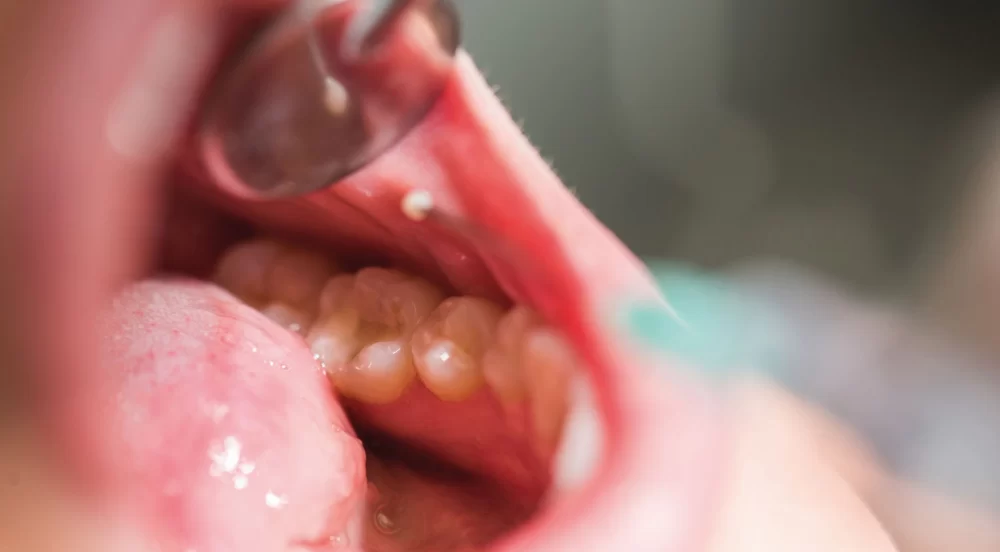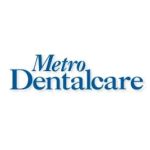
- Understanding Oral Cancer: Causes and Risks
- Lifestyle Changes to Reduce Oral Cancer Risk
- The Importance of Regular Oral Cancer Screenings
- Real-Life Examples and Practical Insights
- Professional Advice from Dentistry Toothtruth
1. Understanding Oral Cancer: Causes and Risks
Oral cancer, a disease that affects the tissues of the mouth and throat, often develops silently and can be life-threatening if not detected early. Commonly associated with tobacco use and excessive alcohol consumption, it also has links to HPV infection and prolonged exposure to the sun, especially on the lips. Understanding these causes is the first step toward prevention. The complexity of oral cancer lies in its ability to appear in many forms, such as sores or lumps that do not heal, making awareness crucial for early detection.
Risk factors such as smoking cigarettes, chewing tobacco, heavy drinking, and poor oral hygiene increase the likelihood of developing oral cancer. Additionally, age and genetics also play a role. It’s important to recognize that lifestyle choices significantly influence the onset of this disease, highlighting the power of preventive actions.
1.1 The Role of Tobacco and Alcohol
Scientific studies have repeatedly shown that tobacco products are the leading contributors to oral cancer cases worldwide. The carcinogens in cigarettes, cigars, and smokeless tobacco cause mutations in oral cells. Combined with alcohol, which can act as a solvent facilitating deeper penetration of these harmful chemicals, the risk skyrockets.
1.2 Other Contributing Factors
Besides lifestyle habits, infections with high-risk strains of human papillomavirus (HPV), particularly HPV-16, have emerged as significant causes of oropharyngeal cancers. Exposure to ultraviolet rays also poses a risk, especially for cancers on the lip’s surface.
2. Lifestyle Changes to Reduce Oral Cancer Risk
Prevention of oral cancer through lifestyle adjustments is not only effective but empowering. By making informed decisions, individuals can substantially lower their risk. The following are detailed lifestyle strategies that go beyond simple advice to actionable steps.
2.1 Quit Tobacco in All Forms
Ceasing the use of tobacco products is paramount. Whether it’s smoking cigarettes or chewing tobacco, quitting drastically reduces the risk of oral cancer. Support programs, counseling, and nicotine replacement therapies are valuable aids in this journey.
2.2 Limit Alcohol Consumption
Moderation in alcohol intake is crucial. Research suggests that keeping alcohol consumption within recommended limits—no more than one drink per day for women and two for men—helps reduce oral cancer risk. It’s also important to avoid binge drinking, which can cause significant damage.
2.3 Maintain Excellent Oral Hygiene
Good oral hygiene practices, including regular brushing, flossing, and dental check-ups, help prevent infections and irritation that could potentially lead to cancerous changes. Using mouthwash with antiseptic properties can further reduce harmful bacteria in the mouth.
2.4 Adopt a Nutrient-Rich Diet
A diet rich in fruits and vegetables provides antioxidants and vitamins that help protect oral tissues. Foods high in vitamins A, C, E, and folate are particularly beneficial in maintaining healthy cell function and preventing mutations.
2.5 Protect Your Lips from UV Exposure
Using lip balms with SPF and avoiding excessive sun exposure can prevent lip cancers caused by UV radiation. Wearing wide-brimmed hats when outdoors is also an effective protective measure.
3. The Importance of Regular Oral Cancer Screenings
Early detection through regular screenings dramatically improves treatment outcomes. Oral cancer screenings are painless, quick examinations performed by dental professionals who look for early signs of abnormal tissue changes.
3.1 What to Expect During a Screening
The dentist or hygienist inspects the entire mouth, including the tongue, throat, gums, and lips. They may use special dyes or lights to highlight suspicious areas. If needed, a biopsy will be recommended for a definitive diagnosis.
3.2 How Often Should Screenings Be Done?
Adults over 40, smokers, heavy drinkers, and those with HPV exposure should undergo screenings annually. For others, routine dental visits typically include an oral cancer check-up, ensuring any warning signs are caught early.
3.3 Advances in Screening Technology
Innovations such as toluidine blue staining, brush biopsies, and fluorescence visualization have improved early detection, making screenings more accessible and reliable.
4. Real-Life Examples and Practical Insights
Consider the story of Mark, a 52-year-old who smoked heavily for over 20 years. After experiencing persistent mouth sores, he delayed seeking help, assuming it was a minor issue. Only after a routine dental screening was he diagnosed with early-stage oral cancer. Mark’s story emphasizes how lifestyle habits and neglecting screenings can have serious consequences, but also how early diagnosis led to successful treatment.
Another example involves Anna, who adopted a healthier lifestyle by quitting tobacco, reducing alcohol, and improving her diet after a family member was diagnosed with oral cancer. She committed to annual screenings at Dentistry Toothtruth, gaining peace of mind through proactive care. Anna’s experience illustrates the power of preventive lifestyle changes combined with professional screenings.
5. Professional Advice from Dentistry Toothtruth
At Dentistry Toothtruth, we believe prevention is the cornerstone of oral health. Our experts recommend a holistic approach combining lifestyle modifications with regular professional screenings. Whether you are looking to quit tobacco, seek nutritional counseling, or schedule an oral cancer screening, our team is dedicated to supporting your journey.
We offer tailored products and services designed to help you maintain optimal oral health and reduce your risk of oral cancer. From nicotine replacement aids to advanced screening technologies, Dentistry Toothtruth is your partner in prevention.
Taking control of your oral health today can prevent serious issues tomorrow. Remember, prevention through lifestyle changes and consistent screenings is the best defense against oral cancer.







 Wilshire Center Dental Group4.0 (344 review)
Wilshire Center Dental Group4.0 (344 review) Park Dental4.0 (45 review)
Park Dental4.0 (45 review) WINSMILE ORTHODONTICS4.0 (102 review)
WINSMILE ORTHODONTICS4.0 (102 review) Sunrise Dental Group Dr Monica Giuliani4.0 (307 review)
Sunrise Dental Group Dr Monica Giuliani4.0 (307 review) Smile Works Dentistry & Orthodontics in La Mirada4.0 (53 review)
Smile Works Dentistry & Orthodontics in La Mirada4.0 (53 review) Marcellus T. Horsch, DDS4.0 (5 review)
Marcellus T. Horsch, DDS4.0 (5 review) The Importance of Oral Health Education During Pregnancy for a Healthy Pregnancy
The Importance of Oral Health Education During Pregnancy for a Healthy Pregnancy Best Tips for Brushing Your Teeth Properly for Healthy Gums: Essential Techniques for Oral Health
Best Tips for Brushing Your Teeth Properly for Healthy Gums: Essential Techniques for Oral Health Why Skipping Dental Checkups Can Lead to Bigger Oral Health Problems
Why Skipping Dental Checkups Can Lead to Bigger Oral Health Problems Advantages of Porcelain Dental Restorations
Advantages of Porcelain Dental Restorations How Can Diabetes Cause Tooth and Gum Problems? Preventing and Managing Oral Health Issues
How Can Diabetes Cause Tooth and Gum Problems? Preventing and Managing Oral Health Issues Healthy Habits for Promoting Good Oral Health and Hygiene: Tips for a Healthy Smile
Healthy Habits for Promoting Good Oral Health and Hygiene: Tips for a Healthy Smile